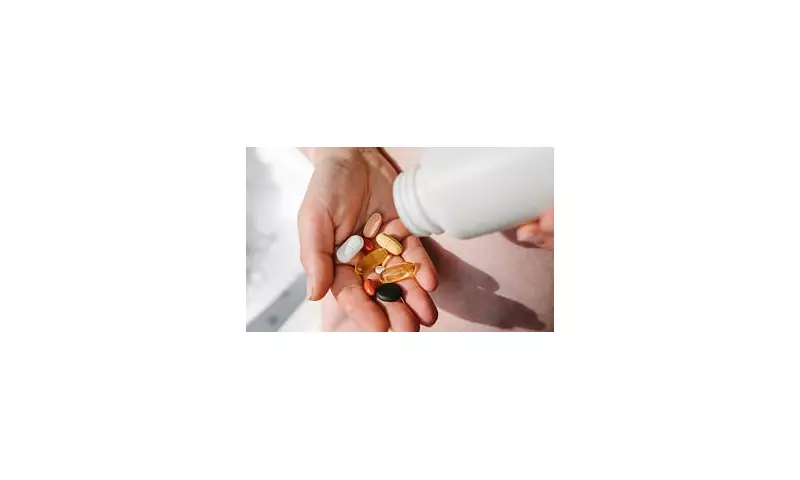
Millions of Britons are unknowingly consuming potentially harmful substances through their daily health supplements, experts have warned. With supermarket shelves overflowing with pills and powders promising better sleep, increased energy, and immunity boosts, new concerns are emerging about what these products actually contain.
The Hidden Dangers in Your Supplement Cabinet
Over half of UK adults regularly take some form of supplement, amounting to a staggering 81 million supplements consumed daily across the nation. While many assume these products are inherently beneficial, nutrition experts reveal they often contain 'filler ingredients' that could be damaging to health.
Matt Jarosay, a registered nutritionist and founder of ELIVIDE supplements, explains the problem: 'The reason additives are used in supplements so often is to bulk up powders. Filler reduces the cost per capsule, which stretches the yield, but this comes at a cost to your health.'
Unlike medicines, which undergo rigorous safety testing, supplements in the UK are regulated under the Food Supplements Regulations Act 2003, requiring only general food safety compliance without mandatory side-effect testing.
Common Culprits: From Artificial Sweeteners to Anti-Caking Agents
Among the most concerning additives are artificial sweeteners like aspartame, classified as 'possibly carcinogenic' by the International Agency for Research on Cancer. This common sweetener has been found in popular supplements from major retailers including Tesco, Morrisons, and Boots.
'Titanium dioxide is among the worst additives out there,' Mr Jarosay added. 'It's being phased out, but is still used; it gives supplements a bright appearance, but disrupts gut barrier integrity.'
Anti-caking agents such as maltodextrin, guar gum, and magnesium stearate can also cause problems. Magnesium stearate, used to prevent ingredients sticking during manufacturing, may interfere with nutrient absorption despite being considered safe by the Food Standards Agency.
'All of these can cause some level of irritation in the gastrointestinal system,' the nutritionist cautioned. 'The issue isn't usually one single small dose, but the 'cocktail cumulative' effect over a lifetime.'
How to Choose Safer Supplements
Experts recommend looking for transparent and detailed ingredient lists when selecting supplements. Key considerations include the specific form of vitamins used and their amounts, as most adults can obtain necessary nutrients from their diet except vitamin D during winter months.
'You can also look at what nutrient forms the manufacturer is using, which is a bit of a telltale for their manufacturing quality,' Mr Jarosay advised. 'For example, if a company is using citrate mineral forms, like zinc citrate, or Pyridoxine Hydrochloride instead of Pyridoxal-5-Phosphate, the active form, for vitamin B6, then you know they are cutting corners.'
The warning comes as recent testing revealed some popular supplements sold on Britain's high streets contained more than double the safe upper limit of vitamins and minerals recommended by UK health officials, with some exceeding permitted levels by twelve times.






